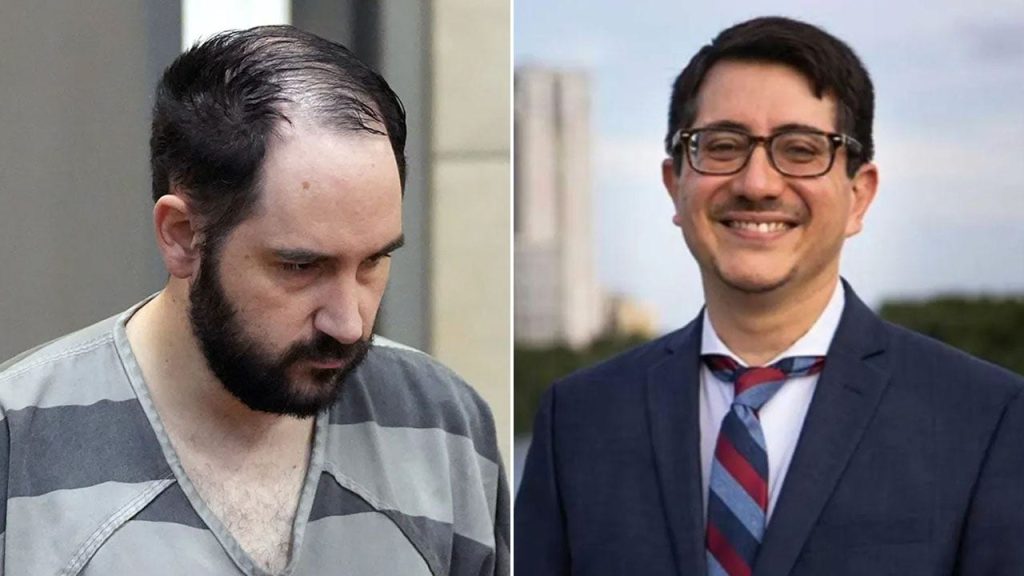Travis County District Attorney José Garza is seeking to reverse a pardon issued by Governor Greg Abbott to former Army soldier Daniel Perry, who shot and killed Black Lives Matter protester Garrett Foster during a demonstration in 2020. Garza plans to file a writ of mandamus with the Court of Criminal Appeals in Texas to challenge the pardon, stating that the decision was contrary to the law and justice was not served in this case. Abbott had pardoned Perry despite his conviction for the death of Foster, who was legally carrying an AK-47 rifle at the time of the incident.
The shooting took place in downtown Austin, and Perry, who was stationed at Fort Hood at the time, claimed he fired his pistol in self-defense when Foster pointed his rifle at him. Witnesses stated that they did not see Foster raise his weapon, and prosecutors argued that Perry could have avoided the shooting by driving away. Perry was convicted and sentenced to 25 years in prison for the killing. The pardon issued by Abbott has sparked controversy, with critics asserting that it undermines the rule of law and justice system. The move by Garza to challenge the pardon is seen as an attempt to restore faith in the legal process and hold those responsible for the decision to account.
Holly Taylor, director of Public Integrity and Complex Crimes, criticized Abbott for bypassing his authority and violating the Separation of Powers Doctrine by issuing the pardon. She described the shooting as planned and premeditated, questioning the governor’s decision to pardon Perry so swiftly after the incident. Foster’s mother, Shiela Foster, expressed her dissatisfaction with the pardon and called for accountability in the case. Perry’s attorney, Doug O’Connell, dismissed Garza’s effort to reverse the pardon as “political theater” and defended the governor’s Constitutional authority to pardon individuals.
Garza, known for his progressive stance on criminal justice issues, has faced scrutiny for rejecting criminal charges for suspects, including those accused of violent offenses, before they appeared in court. This approach has drawn attention from local media outlets and raised concerns about the fairness of the justice system under his leadership. Garza’s move to challenge the governor’s pardon is seen as a bold attempt to uphold the rule of law and ensure that justice is served in cases involving controversial decisions. As the legal battle unfolds, it remains to be seen how the Court of Criminal Appeals will respond to Garza’s request to reverse the pardon issued to Daniel Perry.
The case of Daniel Perry and Garrett Foster has reignited debates about self-defense, protest rights, and the use of force in high-tension situations. The confrontation between the two individuals, both with military backgrounds, during a protest underscores the complexities of interpreting self-defense laws and determining culpability in such cases. The decision by Governor Abbott to pardon Perry has polarized opinions, with some supporting his actions as a justified response to a perceived threat and others condemning it as a miscarriage of justice. The legal battle over the pardon highlights the challenges of reconciling conflicting narratives and ensuring accountability in cases of deadly encounters involving civilians and law enforcement or military personnel.


